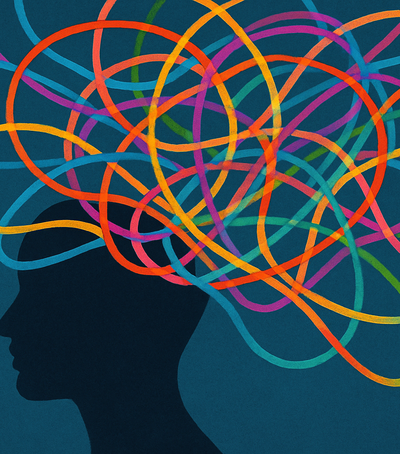
People watch pornography for a variety of reasons, stress reduction, sexual curiosity, self-exploration, satisfaction of sexual fantasies, etc. An important motive for consuming pornography is to escape from meaninglessness and boredom.
Boredom refers to an unpleasant experience that occurs when there is a mismatch between one's need for arousal and available stimulation. We can describe a person, movie, game, lecture, party, day or even someone's life as boring. It is accompanied by difficulty concentrating and feelings of restlessness and agitation. Therefore, it may require engagement in more stimulating, valuable and meaningful activities.
Sometimes, however, boredom motivates self-escape, which means engaging in pleasurable but mindless activities. Some examples are unhealthy eating, drug use, obsessive internet gaming and of course, compulsive viewing of pornography.
A recent study on boredom and pornography consumption supported the self-escape theory. The study, conducted by Moynihan et al., and published in Personality and Individual Differences, is reviewed as follows.
Boredom, lack of meaning in life and low self-esteem
In summary, data analysis supported the existential escape hypothesis. He concluded, "Pornography consumption may function as a means of coping with perceived meaninglessness, signaled by boredom."
Of course, not every person who experiences chronic boredom decides to watch pornography or develops problematic pornography use. What determines how people deal with meaninglessness depends in part on their self-esteem.
People with high self-esteem usually cope by engaging in meaningful activities. For example, they reflect on nostalgic memories, volunteer for a good cause, or try to emulate their role models.
In contrast, those with low self-esteem or incoherent worldviews are more likely to choose the escape strategy of awareness. As mentioned earlier, in addition to viewing pornography, some examples of self-escapism are comfort food eating, excessive drinking, compulsive video games, and meaningless and anonymous interactions on the Internet.
Për shembull, ata shikojnë pornografi për eksitim dhe kënaqësi seksuale, të cilat shërbejnë si një shpërqendrim nga ndjenjat e pakëndshme dhe shqetësimi që lidhet me përvojën e pakuptimësisë ekzistenciale dhe mërzisë kronike.
Njerëzit që përballen me mërzinë duke u angazhuar në aktivitete të këndshme por të pamend priren të kenë vetëbesim të ulët. Individët me vetëvlerësim të lartë zakonisht përballen duke u angazhuar në aktivitete më të shëndetshme ose më të dobishme.
Disa zgjidhje ndaj konsumit problematik të pornografisë dhe sjelljeve të tjera kompulsive përfshijnë:
-Të qenit i ndërgjegjshëm.
-Puna në ndërtimin e vetëbesimit.
-Përfshirja në aktivitete më produktive për të reduktuar ndjenjat e mërzisë dhe pakuptimësisë (p.sh., duke ndihmuar të tjerët).
It is important to note that sometimes self-help strategies are not enough because compulsive behavior can be a symptom of depression, addiction, or other serious mental health issues. Therapy may be more helpful in these cases.





